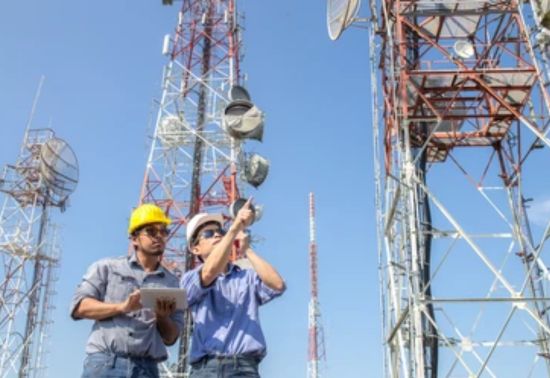Career in Telecommunication Engineering: Everything you need to know


World Telecommunication Day 2023: Since its inception in 1969, World Telecommunication Day has been observed on May 17 every year to commemorate the signing of the first International Telegraph Convention in 1865 and the founding of the International Telecommunication Union(ITU). The aim of World Telecommunication and Information Society Day (WTISD) is to promote awareness of the opportunities that the usage of the Internet and other ICTs may offer to societies and economies as well as strategies for bridging the digital divide.
The more popular engineering disciplines, such as mechanical, chemical, computer science, civil, and electrical, are usually the most talked about. However, Telecommunications Engineering, on the other hand, is also a significant subfield of engineering - though a relatively lesser-known one. And if you are wondering how to take your interest in telecommunications and make it into a rewarding career - you are at the right place!
Read on to learn more about Telecommunications Engineering…
Telecommunications engineering is a branch of engineering that focuses on the design and optimisation of communication systems and components. The communications infrastructure is designed and optimised by engineers from a variety of backgrounds, including systems, electronics, and electrical engineering.
Telecommunications engineering is a four-year degree in engineering and the work ranges from basic circuit designing to mass development strategies; thus, engineers must design, build, and test numerous strategies and solutions that help people communicate over distances. Further, these engineers are hired in various industries, including telephone and internet networking, radios and television, and satellite communications.
To become a telecommunications engineer, you need to meet the following educational qualifications:
Check out the list of colleges offering degrees in Telecommunication here.
After earning a degree in communications engineering, there are many career options available. Students are prepared to reach the greatest milestone in the field of telecommunication engineering once they have mastered several skills, including time management, a scientific approach, technical skills, organisational skills, and an analytical mentality.
Some of the popular job profiles are:
There is also a rapid expansion in the telecommunication sector. One nation that has recognised the potential of telecom and IT in the process of economic development is India. Due to the increasing need for wireless and digital contact in today's time, the demand for telecom engineers in India is constantly increasing.